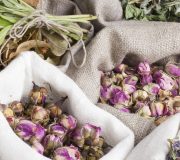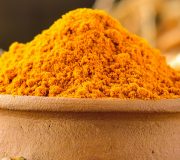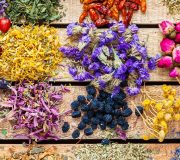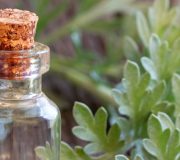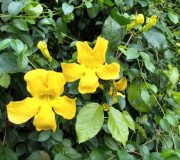About this Episode
In this episode of the Medicinal Herbs podcast, host Daina Parent, ND, talks with naturopath and medical herbalist Jo Boyd about Attention Deficit Hyperactivity Disorder (ADHD), which affects millions of people worldwide. While conventional medications have been effective for many, there is a growing interest in alternative therapies like herbal medicine to address ADHD.
What Does ADHD Look Like?
ADHD presents differently in different people, and there are various types of ADHD characterized by specific symptoms and experiences (00:58). For example, some with ADHD may experience being distracted and losing focus more prominently than feeling hyperactive. Others may feel predominately impulsive or impatient. ADHD is also known to coexist with other conditions, and Jo emphasizes the importance of addressing patients as individuals to determine what a person’s unique ADHD looks like.
Coexisting Conditions
Conditions associated with ADHD include anxiety (symptoms such as fear, worry, and panic), trouble engaging socially, learning difficulties, and sleep disturbance (06:10).
Where to Start with An ADHD Patient?
Naturopathic practitioners like Jo highly value thorough case histories for all patients, including those struggling with ADHD symptoms. Identifying the root cause of a complex condition like ADHD is vital and includes ruling out other possibilities associated with it, such as issues with sleep, hearing problems, anemia, lead exposure, and diet (09:36).
Favorite Herbs for ADHD
In addition to garlic, one of Jo’s top herbal choices for ADHD is bacopa (16:55). This herb may be used in medium to long-term contexts and is known to support the brain and cognitive function. Ginkgo is another suitable choice for mental sharpness, with more acute use possible and known as a brain tonic to support cerebral and peripheral circulation. Saffron and rosemary are additional medicinal herbs used for ADHD.
Additional Herbs to Support Comorbidities
Jo may choose an herb like skullcap, a nervine tonic, to support stress responses in anxiety that may be connected to ADHD (26:33). Additionally, a few other herbs may support aspects of ADHD:
- Passionflower, to soothe feelings of agitation and nervousness
- Chamomile, a carminative herb with calming benefits for the mind and digestive system
- Kava, for anxiety in adults








